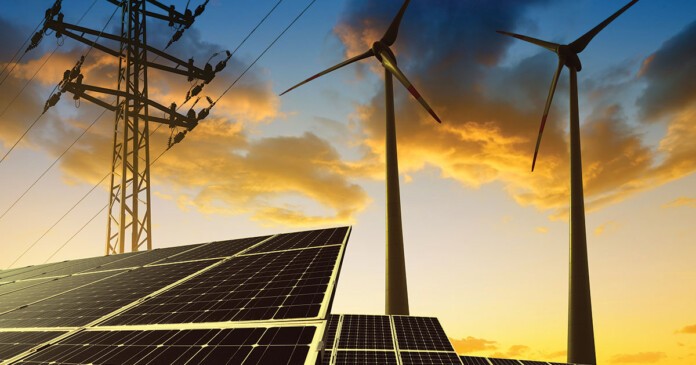The Victorian Government has announced it will accelerate planning pathways for renewable energy projects.
The changes will make new solar and wind power projects eligible for a streamlined planning pathway under Victoria’s Development Facilitation Programme (DFP), with projects then able to bypass lengthy planning panel processes.
Renewable projects currently stuck in approvals will also be able to access the accelerated pathway.
Related article: Victoria’s power outage could have been far worse. Can we harden the grid against extreme weather?
The changes were welcomed by the Clean Energy Council.
“Uncertainty on planning process timeframes and outcomes has been a leading cause of delay to renewable energy projects in Victoria. We are hopeful that today’s announcement will play a part in resolving this uncertainty,” Clean Energy Council director of energy generation and storage Dr Nicholas Aberle said.
“Our understanding is that renewable energy developers will still need to self-assess whether an environmental effects statement (EES) is required. Currently, projects that require an EES are ineligible for the DFP pathway, which would cover many wind projects. This should be reviewed to ensure today’s announcement delivers on the acceleration it intends to provide.”
All new renewable energy projects will be designated as significant economic development under the new changes.
If eligible for assessment under DFP, projects will bypass planning panel processes, meaning that the final approval decision will be accelerated after a project has been thoroughly assessed.
“No new wind farms were approved for development in Victoria during 2023, demonstrating the need for a review of planning and assessment processes to achieve greater clarity and certainty for developers.
“In particular, last year’s decision on the Willatook Wind Farm exacerbated confusion about how wind farm proposals would be assessed, creating a chilling effect on the investment environment in Victoria.
Related article: Victoria awards funding for Neighbourhood Batteries
“Ensuring consistent, predictable and timely decisions on renewable energy developments is critical to climate action in Victoria and a timely transition of our electricity system, which is now powered by almost 40% renewable energy nationally.
“This isn’t a shortcut on good planning outcomes, or the high standards that renewable energy projects must and should meet, but it is a sensible reform that recognises the vital importance of renewable energy in driving down emissions and replacing ageing and polluting coal-fired power stations.”







